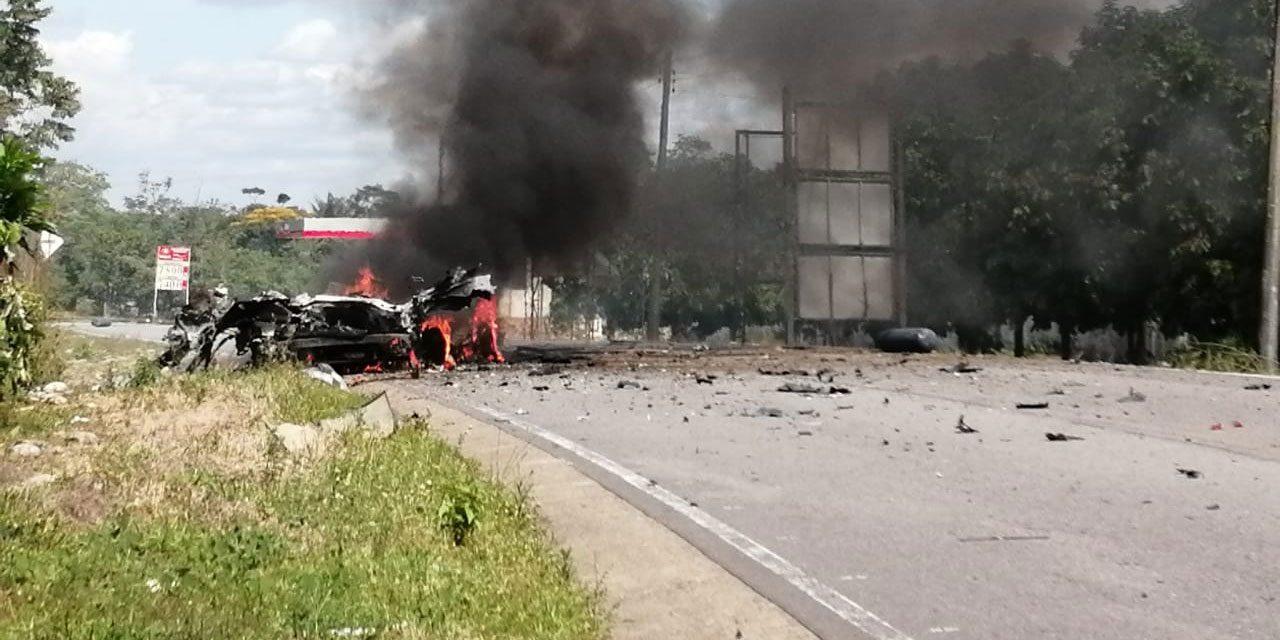A mortar attack disrupted a meeting between government officials, state-run oil company Ecopetrol and indigenous authorities in northeast Colombia on Thursday.
President Ivan Duque and indigenous organization ONIC fiercely rejected the apparent mortar attack in the municipality of Cubara, Boyaca that, according to the president, was carried out by ELN guerrillas.
The attack took place in the middle of a meeting in which the local U’wa people were asking the government to comply with agreements made more than five years ago, according to peace consultant Caceres.
The peace consultant registered the terror generated by the explosions near the indigenous reserve where the talks were held.
According to Vice-Minister Francisco Jose Chaux, three soldiers were injured in the attack, but this was contradicted by a local reporter and not confirmed by national indigenous organization ONIC.
According to the indigenous organization, the attack “leaves emotional and psychological damage to the Cubaran population, especially to the indigenous U’wa population.”
Duque told press that the ELN wanted to attack “one of the military units. They are looking to hurt the armed forces, because they know that the armed forces have besieged and weakened them.”
Defense ministry statistics and an independent think tank contradict the president’s claim.
The statistics indicate that the military is not making significant military advances, and the think tank claimed that the ELN has been able to expand its territorial control under Duque.
Colombia reopens door for peace talks with ELN guerrillas
Duque’s verbal attack against the rebels followed days after Peace Commissioner Miguel Ceballos reopened the door to peace talks with the ELN.
Lawmakers asked on Wednesday for Ombudsman Carlos Negret to be authorized to mediate between the guerrillas and the president, whose far-right party is fiercely opposed to peace talks.
Duque, however, is facing ongoing pressure from civil society and social organizations to resume the talks he suspended when taking office in August last year.


